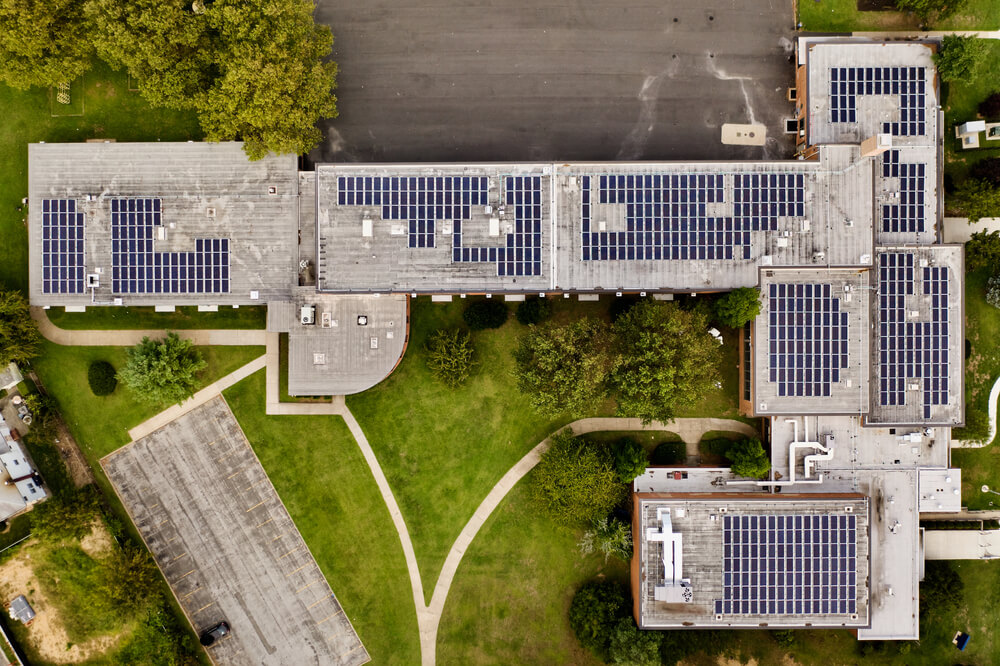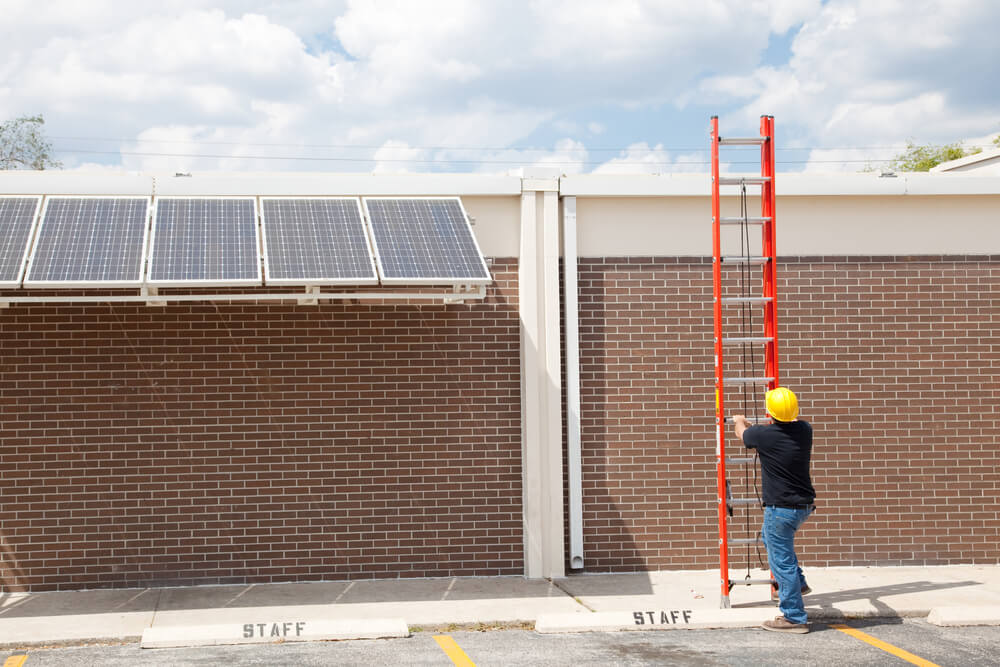Editor’s note: ImpactAlpha has partnered with HIP Investor to highlight upcoming bond issues with social and/or environmental significance. Disclaimer: Nothing in this post or on ImpactAlpha.com shall constitute an offer to sell or solicitation of an offer to buy bonds.
- Issuer: Iowa State Finance Authority
- Impact entity rated by HIP: Iowa State Water (self-designated green bond)
- Muni sector: Water
- Closing date: Mid-June 2024
- Bond amount: $203 million
- HIP impact rating: 87 of 100, connoting net positive impact
- Opportunity Zones located in the issuing entity: 62 Opportunity Zones, covering 211,000 of Iowa’s 3.2 million residents
- Climate threatresilience rating: 48 of 100; “moderate-range climate resilience”
The agriculture industry, and corn in particular, is a major contributor to Iowa’s economy. But the negative environmental impacts of mono-cropping corn are extensive, including water, soil and air contamination and threats to biodiversity.
The Iowa Finance Authority is looking to raise $203 million via its 2024 State Revolving Fund Revenue Bond Series to invest in enhancements to the state’s water quality, environmental resilience, and public health.
Iowa’s State Revolving Fund supports agriculture-related water interventions, including cover cropping, buffer strips, bioreactors, and other farming tools and practices that reduce nutrient runoff from farms to prevent or mitigate water contamination. It also supports projects under the Iowa Water Pollution Control Works and Drinking Water Facilities Financing Program, such as new drinking water storage facilities, water wells, wastewater treatment, stormwater management, and sewer system rehabilitation. Such projects can be implemented through several state programs, like Clean Water Program and the Drinking Water Program, which supports protecting and improving drinking water sources, including the Iowa Nutrient Reduction Strategy.
The bond proceeds fund “participant loans” under these programs. The loans cover projects in more than 100 municipalities and counties and range from $300,000 to $76 million. In the town of Johnson, population 25,000, new sewer lines are being installed to connect unsewered residents. Davenport is making water treatment facility improvements. Columbus Junction is setting up wastewater lagoons, which are often a more cost-effective way to treat wastewater in rural communities.
HIP rating
HIP Investor rates Iowa’s self-designated green bond at 87 (on a 100 point scale, reflecting the environmental and health benefits linked to the bond’s proceeds. HIP notes its above-average performance in minimal unregulated contaminants, low frequency of health based-violations, and lower lead and copper violations.
Unregulated contaminants – such aspolyfluoroalkyl substances (PFAS) and haloacetic acids (HAA) – when elevated over time can increase cancer risks. Iowa’s presence of unregulated contaminants are half of the US average, according to the Environmental Protection Agency. Iowa water utilities also have only four open health violations from the last five years, compared to 250 in Texas over the same period. Iowa Water’s current violations for lead and copper total 53 violations, more than 30% lower than the US water-utility average of 80 violations.
HIP also gives the bond a moderate climate threat resilience rating of 48 of 100, owing its impact on a water-scarce state. Iowa loses $67 million annually from drought, according to the Federal Emergency Management Agency, underscoring the need for proactive measures to ensure water quality Iowa residents.
Iowa is also highly vulnerable to tornadoes, strong winds, and flooding, which can further jeopardize water quality. Tornadoes can damage agricultural operations and industrial facilities, leading to the release of pollutants and hazardous materials into water bodies, and destroy pipelines and chemical containers, introducing toxic substances like oil and asbestos into soil and groundwater.
The proceeds from this bond will benefit citizens of Iowa by enhancing the quality of drinking water and aims to build resilience against potential water contamination and environmental risks.
DISCLOSURES: HIP Investor Inc. is a state-registered investment adviser in several jurisdictions, and HIP Investor Ratings LLC is an impact-ratings firm evaluating impact and ESG on 400,000 investment ratings, including 126,000 municipal entities, 267,000 muni-bond issuances, and 14,000 corporates for equities and bonds. HIP Impact Ratings are for your information and education – and are not intended to be investment recommendations. Past performance is not indicative of future results. All investments are risky and could lose value. Please consult your investment professionals to evaluate if any investment is appropriate for you, your goals, and your risk-return-impact profile. This is not an offering of securities.
Amir Khaleghi is director of impact ratings and analytics at HIP Investor Ratings.











